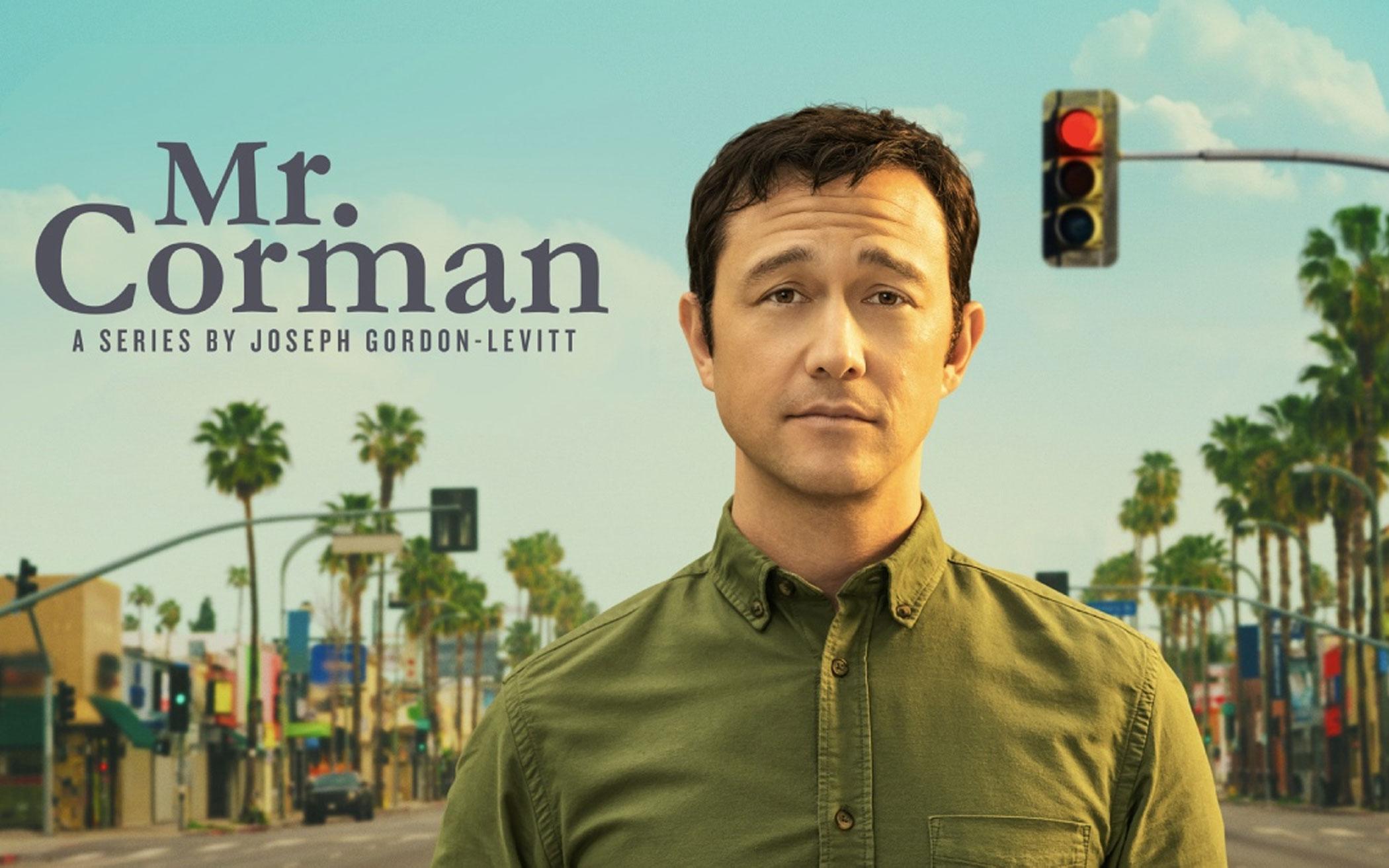Meet Josh, or Mr. Corman as his students know him. Josh (Joseph Gordon-Levitt, who also wrote and directed the show) is a 20-something living in Los Angeles. He had hoped to make it as a musician, but when that didn’t work out he got a job teaching at a public elementary school. Josh is having a pretty rough time right now. Finances are tight, relationships are hard, roommates get annoying, and he just can’t seem to get a break from disappointments. His anxiety gets worse, a friend dies after a night at a club, and a confrontation with his father triggers memories he’d rather not revisit. And then COVID strikes, the lockdowns begin, and he has to figure out how to live through his laptop. “Mr. Corman'' could be one of our first pandemic social critiques. It definitely is one of the first TV shows to explore the life of young adults today and what it looks like to navigate sky-high student debt, self-medicated mental illness, and uncertain pandemic conditions. This is a tough series to watch all the way through. It’s unrelentingly depressing at times. Josh just never seems to get out of his funk—and when there’s a glimmer of hope it’s quickly snuffed out by yet another minor tragedy.
Yet as a Christian viewer, I was surprised and intrigued by how theological the show was. Not that God was directly mentioned or addressed; rather, “Mr. Corman'' asks whether life is an especially joyful miracle or just a cosmic accident. On the surface, Josh’s life seems to tip the scales in the accident direction. He certainly doesn’t have “the perfect life” that’s Instagram-worthy. Even Josh’s mom tells him, “You’re not entitled to the perfect partner or the perfect life. You take what you can get.” But at a deeper level, there’s something about this show (like life itself) that Josh’s mom understands when she also tells him, “You’re lucky just to be alive.” Sometimes that “luck” takes the shape of a late-night encounter with his father who he hasn’t seen in almost three years. It turns out that he might have reached out to his son because he, too, is in freefall and hopes that by scraping together $20,000 he might rescue himself by investing in a mini storage franchise. But that “luck” also takes the shape of a dreaded blind date via Zoom near the season’s finale. Through the cumbersome conversation and choppy wifi, Josh and Emily discover that they have different definitions of science and miracles. What’s a miracle? It’s something you can’t explain, Josh says, and since you can’t explain life, it’s a miracle. But, replies Emily, we can explain life scientifically, so it’s not a miracle. And it’s here, in this awkward moment with a near stranger on a screen, when Josh makes a discovery that is transformational: stories.
Stories have explanatory power to take the blunt facts of science (or the disappointments of life) and elevate them into something truly beautiful, even inspiring. That, Josh realizes, is the miracle of life: a story that transforms mere existence into living with depth. The storied way we view the world shapes every aspect of our life. As the missiologist Lesslie Newbigin said, “The way we understand human life depends on what conception we have of the human story. What is the real story of which my life story is a part?” When Josh perceived that maybe his life story wasn’t just an accident or a tragedy or even a series of letdowns, he discovered what it felt like to truly live. (Apple TV+)
About the Author
Michael Wagenman is the Christian Reformed campus minister at Western University in London, Ont., where he invites undergraduate students to put their faith into loving service and mentors graduate students. His most recent book is The Power of the Church: The Sacramental Ecclesiology of Abraham Kuyper (Wipf &Stock, 2020).

